December is National Identity Theft Prevention and Awareness Month. Safe online shopping is especially important as we head into the holiday season.
As online shopping is becoming a staple for holiday purchases, how can you protect your identity and ensure safe shopping?
Identity theft occurs when someone uses personal information without your permission — like your name, Social Security number, or credit card number — to commit fraud or other crimes.
The Federal Trade Commission estimates that millions of Americans have their identities stolen each year. While it can be a challenge to guarantee you won’t become a victim of identity theft, you can minimize your risk.
Here are tips to stay safe while holiday shopping online.
A good first step to reduce risk is to online shop using websites that are well-known and employ security features. Pay attention to the actual URL you are shopping from to be sure the site is valid, as the chance to be directed to a less-than-reputable website through “click-bait” ads is higher during the holidays.
Some experts suggest directly typing the online retailer’s URL into your web browser. When shopping on your phone, consider downloading the specific apps from each vendor. Additional security features are built into retailer apps, and you can also ensure you are purchasing directly from the source.
2. Check for security.
To check that a website is secure, look for “https” at the beginning of a site’s address. When you see the “s” at the end of “http,” then the site is encrypted, and your data will be secure.
Another security indicator to watch out for is an icon that looks like a lock. The lock icon appears either next to the URL or in the bottom corner of your web browser. Use an online browser that warns you before making a purchase from – or even visiting – a non-secure site.
3. Use secured networks.
Most of us are staying at home now more than ever, so restricting online shopping to your home computer is easier this year than in past holiday seasons. It’s a good idea to run regular virus checks and updates on your hardware. Pay attention to network connections when shopping from other devices if you do find yourself on the go.
4. Use a credit card, with a holiday spending plan.
Set a simple holiday gift-giving spending plan, and then stick to it. Credit cards do offer a level of fraud protection that you may not get using debit cards. In addition, credit card providers will likely notice holiday identity theft activity before you do. Check out IAACU's
credit cards! Manage your cards anytime, anywhere with the
IAACU Cards App!To reduce stress about taking on holiday debt, consider using a cash-loaded disposable gift card. There’s no fraud protection, but there is also no connection to your personal information. Plus, it can also help you stick to your budget.
5. Don’t store payment information.
For safe holiday online shopping, decline vendor offers to store your credit card information in their system. It may save time, but it’s risky in the long run. Stored information could compromise your identity if there is a widespread data breach.
This can also be a good move for your budget, as people are less likely to make impulse buys when payment data is not stored, and you have to get up from the computer to get payment information. Entering payment information by hand helps make you more aware of exactly what you’re spending.
6. Select complex passwords.
Use passwords on shopping retail websites, credit card, bank and other accounts. Avoid using easily available information like your mother’s maiden name, your birth date, a single word, the last four digits of your Social Security number or phone number. Combinations of letters, numbers and special characters make the strongest passwords.
7. Monitor statements and credit reports.
The best way to detect identity theft is to monitor your accounts and bank statements each month and check your credit report on a regular basis. Early detection of identity theft can make a big difference. Keep an eye out for any suspicious activity by routinely monitoring your financial accounts and billing statements regularly, looking closely for charges you did not make.
Credit reports contain information about you, including what accounts you have and how you pay your bills. If an identity thief is opening credit accounts in your name, these accounts are likely to show up on your credit report.
Use My Credit Score to monitor your credit score!
For safe holiday online shopping, look for inquiries from companies you haven’t contacted, accounts you didn’t open, and debts on your accounts that you can’t explain. Check that information, like your Social Security number, address(es), name or initials and employers are correct. Check your credit report periodically free of charge.
Published by GreenPath Financial Wellness Adapted by IAACU.



e08dd9fb-d734-44f1-b30a-cc8287ea8489.tmb-vthumbnail.jpg?Culture=en&sfvrsn=4b2c0616_2)
6209e6bc-374e-4e38-a38f-a434b9da8499.tmb-vthumbnail.jpg?Culture=en&sfvrsn=e5ac7324_2)
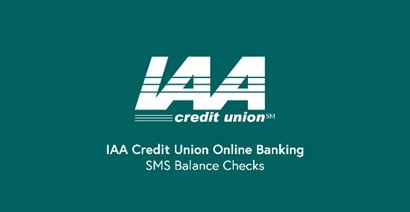

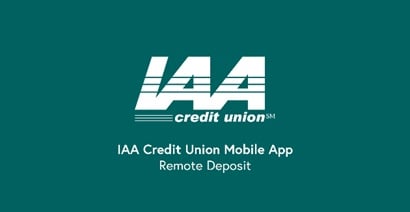
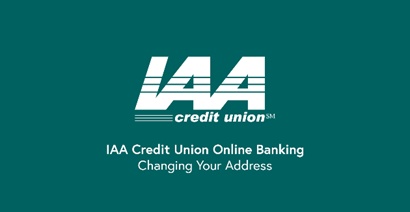
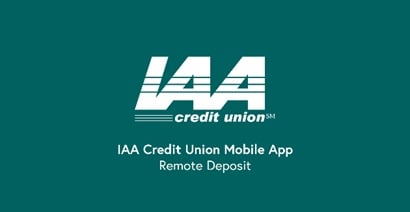
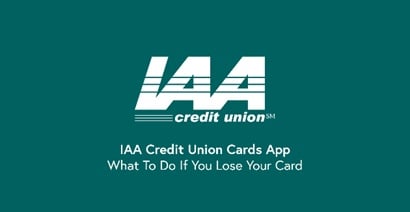
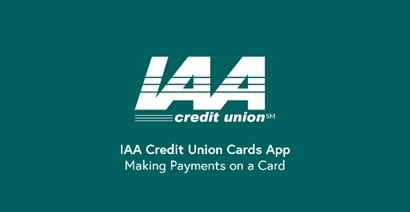
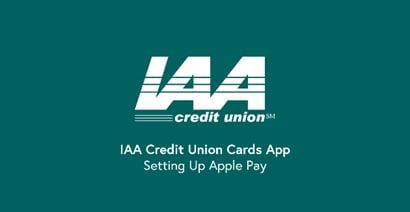
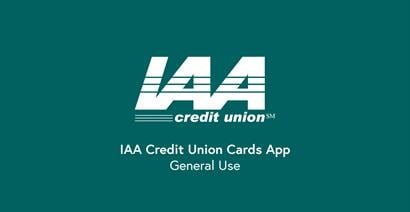
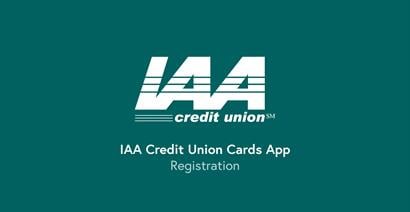
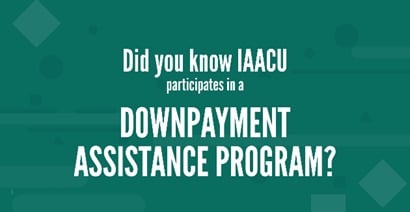

.tmb-vthumbnail.jpg?Culture=en&sfvrsn=55fe3009_1)
.tmb-vthumbnail.jpg?Culture=en&sfvrsn=adf2a6dc_2)


